One phone call at a time: Family history in disguise
Having intentional phone conversations with a loved one is a fun and meaningful way to begin to document your family history.
There are people who love spending hours at a time buried deep in the archives of a town’s historical society, scrolling old microfiches at the library, and refining their web search terms relentlessly to uncover a single detail about an ancestor they’ve never met. And then there are people who, well, don’t.
If you fall in the ‘don’t love that’ camp, does that mean you’re a family history hater? No!! Decisively, the answer is “no!”
Do you laugh at stories your dad tells about his childhood? Do you get a funny, nostalgic feeling in your tummy when someone pulls out an old photo album overflowing with memories? Do you hope to one day be able to make your Nana’s lasagna as good as she does? Yes? Of course, you answered “yes!”
There are two big parts to a family’s history—the way-back history detailing your ancestors’ names, birth dates, and (hopefully) their stories, gotten through research (chances are you haven’t met most of these folks); and the current family history of you and your kin, gotten through first-person accounts (from living relatives). Looking back and reconnecting with our roots through research has great power, and I wholly advocate for recording your ancestry in this way (watch an episode of Finding Your Roots on PBS to see just how moving it can be!). But if you’re not into sleuthing, or you simply don’t have the time, you can still focus on recording your CURRENT family history.
Why? Well, for one thing, you’ll be handing a gift to your children and their children: the family history of their closest relatives for them to learn from, to be inspired by, and maybe, to build upon (who knows, that research-loving gene may have skipped a generation!). For another thing, you’ll be doing this for YOU: to take some time to intentionally reflect on the journey you have taken to becoming who you are; to better get to know your parents and grandparents so you can see them as individuals (with all the heartbreak, love, challenges, and joys that come with that); and to cement meaningful connections with your loved ones.
And guess what? It’s as easy as picking up the phone and talking. Sure, you can get together and chat over cups of tea, or talk about family stories in group settings, too, but purposefully devoting an entire hourlong phone call to sharing family history is better. It allows you to easily schedule these talks regularly and ensure you have enough time for story gathering. It allows two people—a questioner and a storyteller—to really tune in to one another, and to go deep. It allows for easy audio recording.
An unexpected bonus of having these family history talks on the phone? Sometimes it’s easier to be vulnerable and share of ourselves when we aren’t looking anyone in the eye. Have you ever heard that old advice to talk to your teen when you’re driving together in a car? It’s the same idea. Sitting side-by-side rather than across from someone (or, in this case, on opposite ends of a phone connection) feels nonthreatening—no facial expressions to hint at judgment or reaction of any kind. So, yup, even if you’re calling from a smart phone, skip the Face Time and simply hit the digits for an audio call.
How to conduct family history interviews over the phone
Think you might like to start having some family history conversations with a loved one? Here are a few simple steps to put you on the path to easily recording your legacy:
Decide whom you will interview first.
Mom? Dad? A grandparent or sibling? I recommend choosing someone who you know will be receptive, who you know has great foundational family stories, or who you are worried may have limited time left (they may be impacted by dementia, for instance, or simply be getting older).
Tell this person what you want to do.
“I’d like to have weekly/monthly/bimonthly phone conversations with you where I interview you about your memories.” Stress that there’s no pressure to ‘perform,’ and share your reasons for wanting to embark on this family history project.
Create a list of themes you’d like to discuss with your family member.
Ideally, each hourlong phone call will have a central theme—for instance, childhood, career, family recipes, traditions, military service, home, love stories, lessons learned, etc. Ask them in advance what things they’d most like to share, and tailor the early part of your list to what excites them. You may want to ask your subject to create a life timeline in advance of your first phone call.
Prepare, or don’t prepare.
You may want to use this list of family history questions to guide your conversations, or create a list of your own according to each talk’s theme. Definitely tell your subject what you’ll be talking about so they have time to let memories simmer, or even dig up relevant photos or letters before you talk. But don’t go crazy with preparation. Ask open-ended questions, listen generously, invite stories, and prompt more with insightful follow-up questions, and you’re guaranteed to gather stories worth saving!
Record your conversations (twice).
Use two methods to record the audio of your family history talks. You can use a paid service such as TapeACall (bonus: you get accurate transcriptions) to capture sound. Other ways to record audio: Use the phone call option in Google Meet or Zoom to host your call (they each have recording options); or simply put your phone on speaker and hit “record” on the recording app on two devices (your computer and an iPad, for example).
There are a host of things you can do with your family history once it’s recorded, but know this: The most important part is ensuring you capture it in the first place!
I am fairly certain that once you finish your family history calls with Mom, you’ll want to (a) keep talking to her on the regular (that bond is forever!) and (b) start up a new cycle of calls with Dad, Grandma, Grandpop…you get the idea.




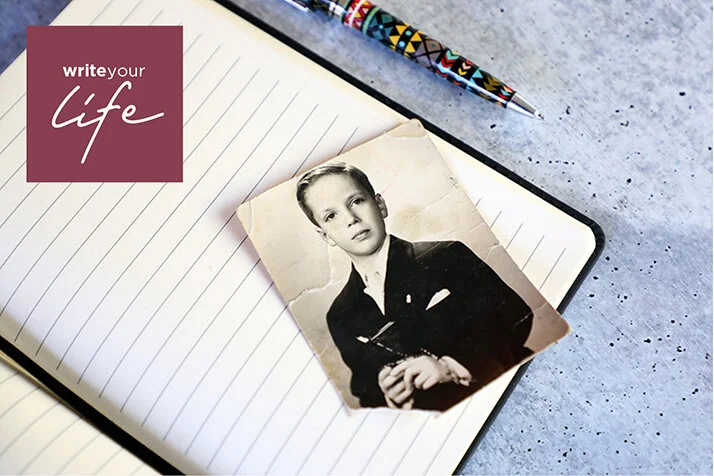






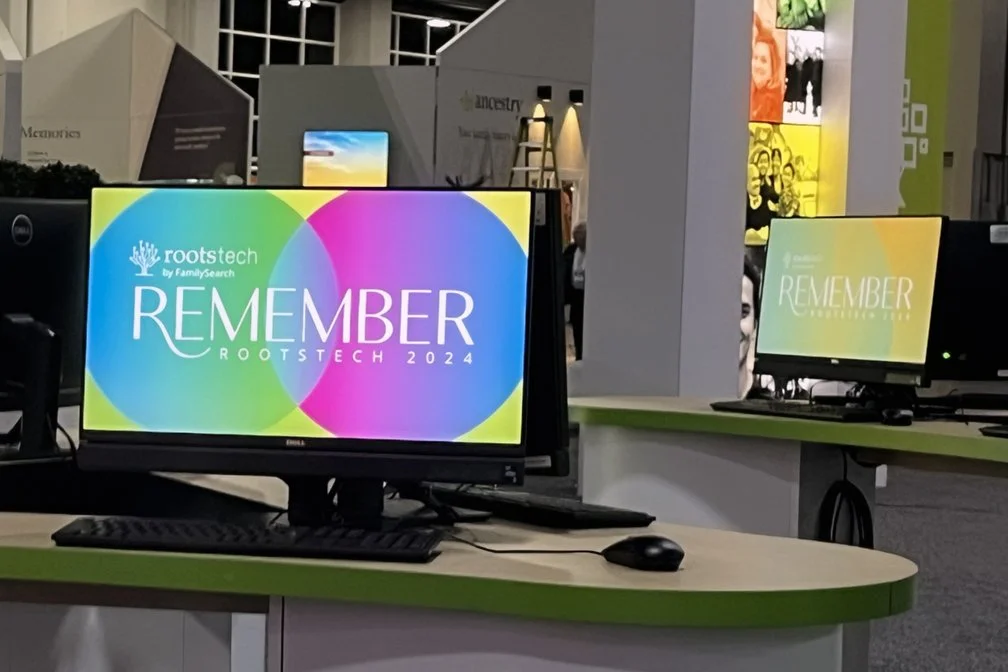



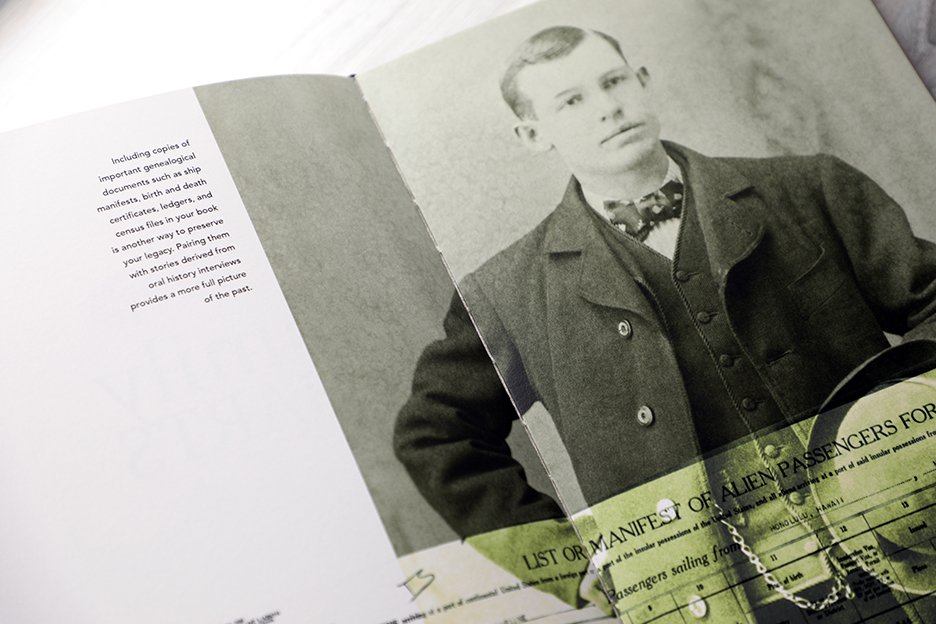





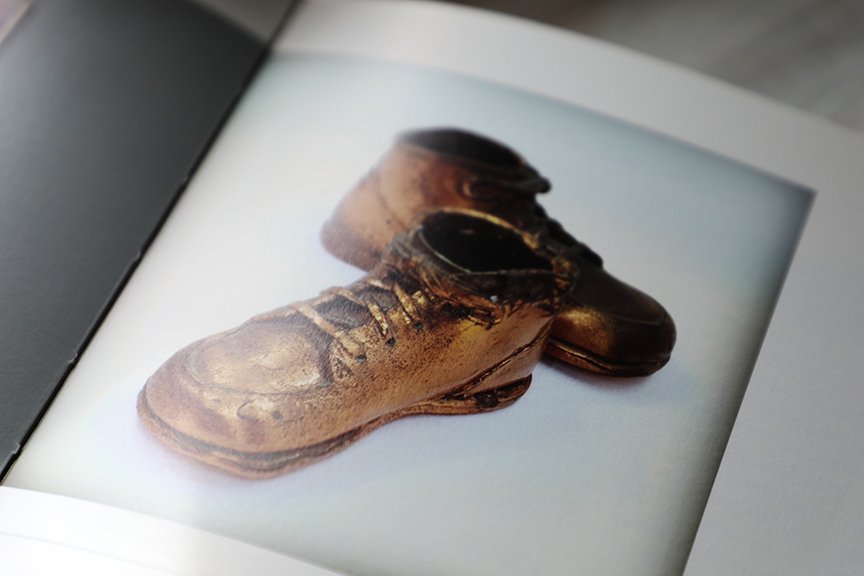
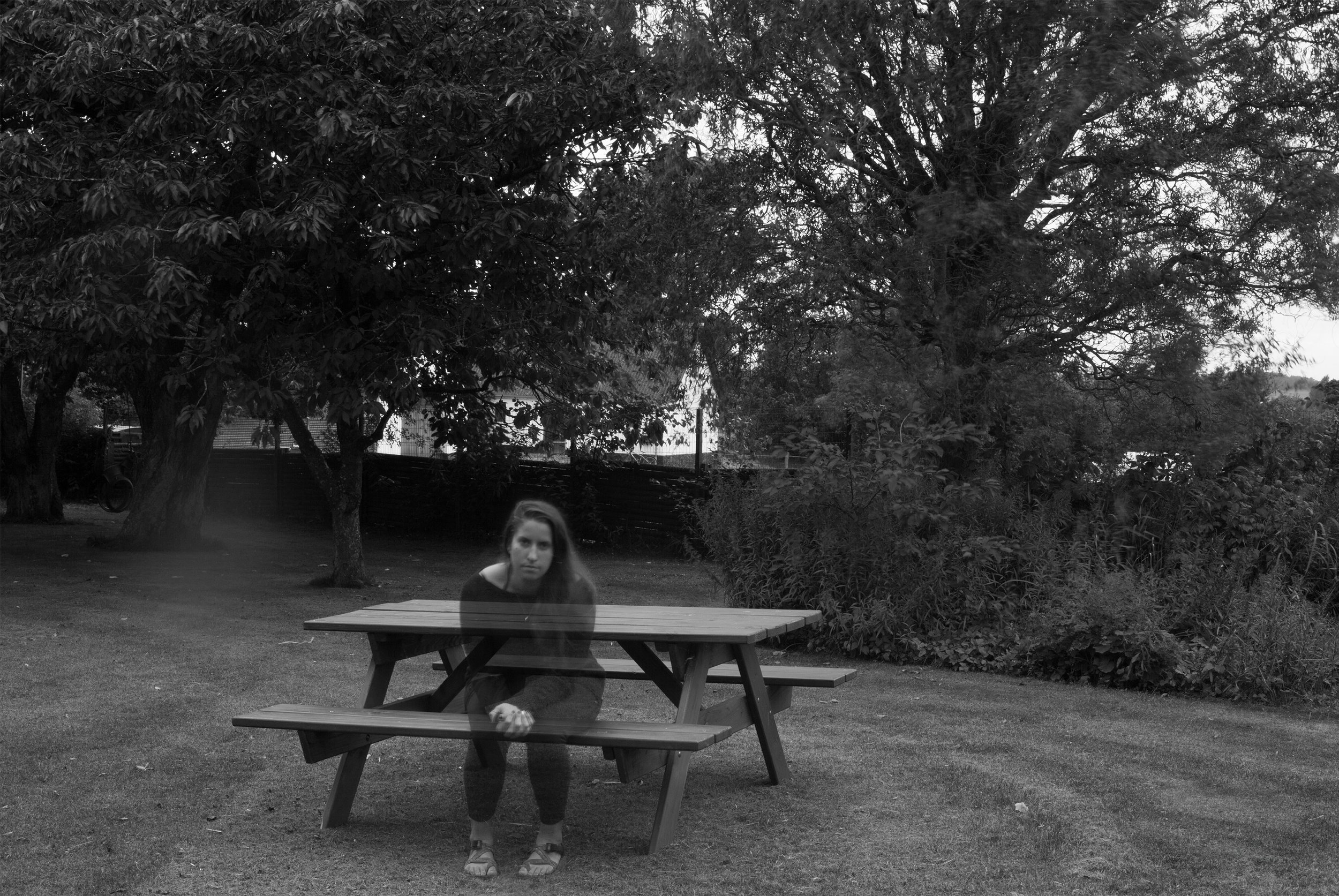

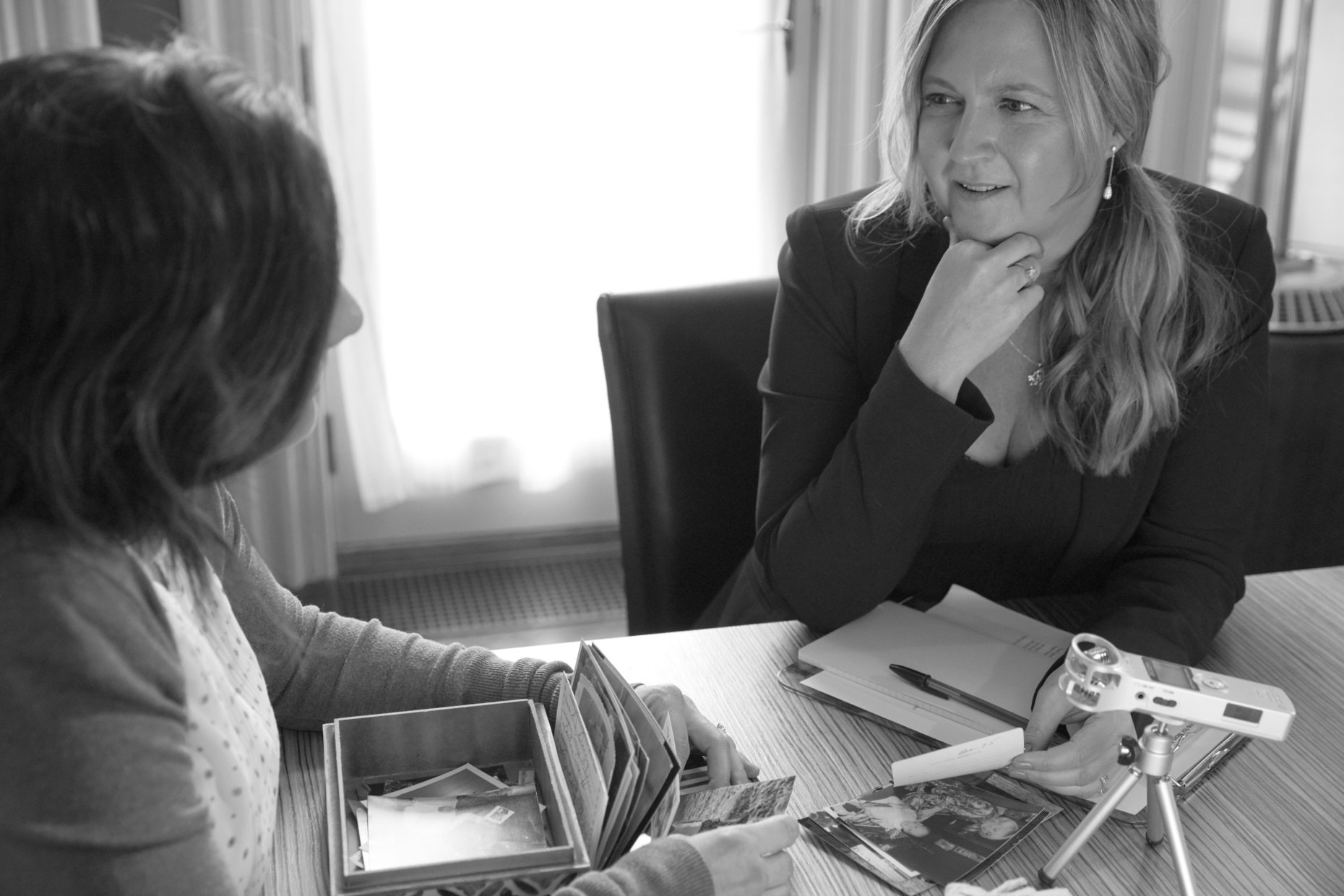


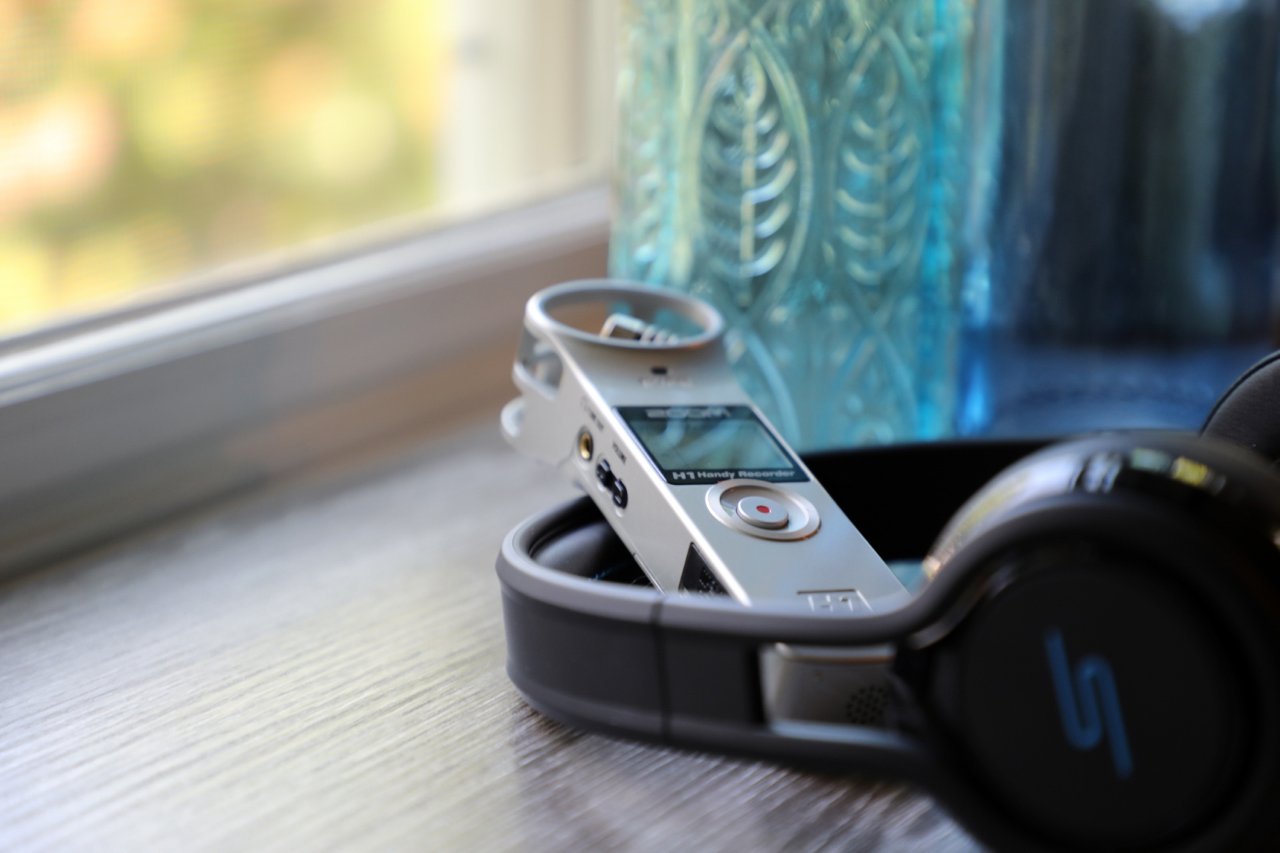

There’s way more to family history than clicking on digital hints and scouring online genealogy sites. Here, three ideas for tracking family history clues IRL.